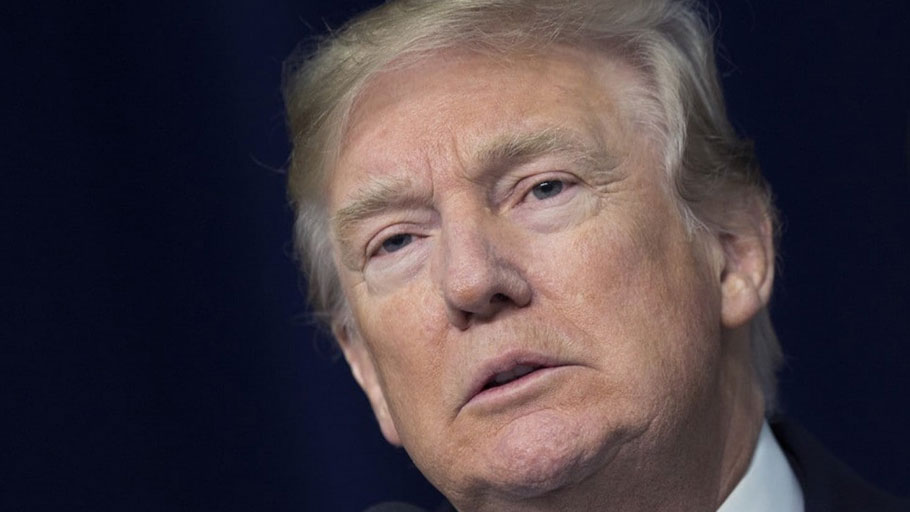President Trump. Photo: Chris Kleponis, Pool via Bloomberg News.
The president of the United States essentially called black and brown countries “shitholes.” The Internet is aflame with outrage over his comments. There are already many calls to apologize, and there will be more to come. But let’s be real: U.S. media has long treated black and brown countries like “shitholes.” This TV-loving president is a product of a media culture that has systemically covered places in Africa and places like Haiti only as war-ravaged, disease-ridden and impoverished — when these countries are even deemed worthy of coverage at all.
Studies show headlines from major Western media outlets are largely negative when it comes to Africa. It was just last year that a New York Times opinions essay about Congo waxed on about monkey brains and how the country was perhaps better off 100 years ago under colonialism. Only with Africa coverage can programs such as “60 Minutes” get away with parachuting American journalists to Liberia to report on ebola — and not interview a single Liberian on camera for the story. Western media and literature are riddled with cliche-white savior journalism. That helps to explain why Louise Linton, the now-wife of Treasury Secretary Steven Mnuchin, was able to publish an article in the Telegraph (which was later removed from its website) based on her cliche-addled, self-published memoir about her gap year in Zambia. She wrote in the book that Africa is rife with hidden dangers: “I witnessed random acts of violence, contracted malaria and had close encounters with lions, elephants, crocodiles and snakes.”
Never mind that lazy “Ooga-Booga” journalism (as journalist Howard French calls its) fails to reckon with the fact that African countries are home to some of the fastest-growing economies in the world. Never mind that long before mobile money-sharing systems such as Venmo came to the United States, countries like Kenya were using mobile platforms including M-Pesa. Never mind that African countries are beginning to produce their own cars, embrace biometric technology and venture into space exploration. When it comes to Africa, American media is rarely interested in positive headlines.
My first foray into anything resembling journalism came during my undergrad days at Northwestern, when I wrote a letter to the editor of the Daily Northwestern challenging an interview that painted Ghana as a place riddled with diseased children and food that tastes like newspaper. Since then, I have spent much of my adult writing life trying to counter these harmful narratives about Africa: trying to convince people that black and brown nations aren’t “shitholes” and that black and brown people are not subhuman.
Trump’s comments are just the latest proof that the United States is being led by a man who is an unabashed white supremacist, one who aims to implement policies that will make America white again by limiting immigration from black and brown countries and deporting those who are already here. But in the storm of mainstream anger, it is hypocritical of the media to fail to reckon with and correct its own practices of reporting on black and brown countries and how this coverage affects perceptions about very real people















